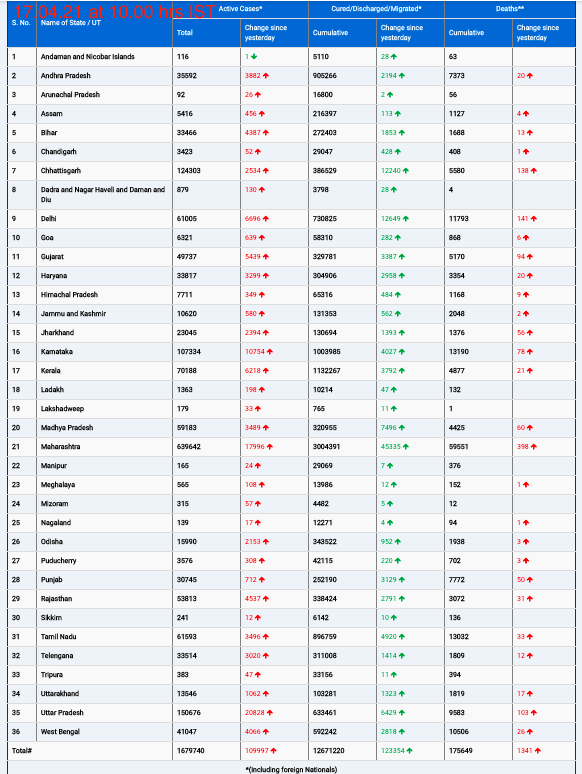A groundbreaking study conducted by researchers from Aston University has revealed that individuals who follow healthy eating accounts on social media platforms for as little as two weeks tend to consume more fruits and vegetables while reducing their intake of junk food.
Led by Dr. Lily Hawkins, supervised by Dr. Jason Thomas and Professor Claire Farrow from the School of Psychology, the study builds on previous research indicating that positive social norms regarding healthy foods can influence consumption patterns. Seeking to explore whether positive representations of healthier food on social media could yield similar effects, the research team conducted a comprehensive investigation.
In the study, 52 volunteers, all active social media users with an average age of 22, were recruited and divided into two groups. The first group, referred to as the intervention group, was instructed to follow healthy eating Instagram accounts alongside their regular accounts. Meanwhile, the second group, known as the control group, was tasked with following interior design accounts. Over a period of two weeks, participants documented their dietary intake.
The results were striking: participants who followed the healthy eating accounts reported consuming an additional 1.4 portions of fruits and vegetables daily, while also reducing their consumption of energy-dense items, such as high-calorie snacks and sugar-sweetened drinks, by 0.8 items per day. This notable improvement surpassed the outcomes of previous educational and social media-based interventions aimed at enhancing dietary habits.
Dr. Thomas and the research team attribute the observed changes in eating behavior to a sense of affiliation fostered by engaging with health-oriented social media content. Notably, the effect was more pronounced among participants who felt connected to other Instagram users.
With only 28% of the UK population meeting the recommended daily intake of five portions of fruits and vegetables, the findings hold significant implications for public health. Low consumption of these foods is associated with various health risks, including heart disease, cancer, and stroke. Identifying effective strategies to promote higher consumption is crucial, and leveraging social media platforms presents a promising opportunity.
Dr. Thomas emphasized the potential impact of social media interventions, noting their cost-effectiveness and accessibility. The researchers envision future studies to explore whether such interventions can sustainably alter perceptions of dietary norms over time.
Dr. Hawkins, now at the University of Exeter, underscored the importance of replicating the findings in larger community samples to validate the study’s outcomes and inform future interventions aimed at promoting healthier eating habits.
As social media continues to shape societal norms and behaviors, harnessing its potential to promote positive dietary habits could pave the way for tangible improvements in public health outcomes.











